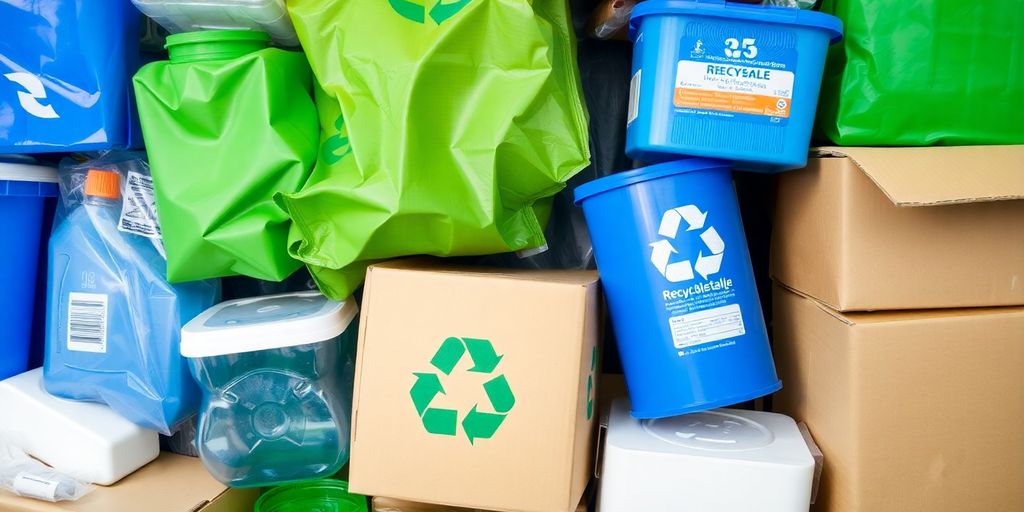
Packaging Tax and EPR: Industry Voices Concerns and Lobbies for Change
Share
Industry Leaders Voice Concerns Over Packaging Tax and EPR Implementation
Businesses across the UK are actively engaging with the government regarding the implementation of the plastic packaging tax and Extended Producer Responsibility (EPR) schemes. Concerns range from the financial impact on specific materials to the overall timeline and structure of these environmental policies, with significant lobbying efforts underway to ensure a balanced and effective approach.
Glass Industry Fights for Competitiveness
British Glass has met with the Department for Environment, Food and Rural Affairs (Defra) to address the potential impact of new glass packaging regulations. Key stakeholders, including glass manufacturers, trade associations, drinks brands, and retailers, participated in discussions concerning proposed EPR fees. Defra has acknowledged industry concerns and committed to reassessing the EPR fees structure, with a revised methodology that considers packaging volume expected by the end of September. British Glass highlighted that competing materials like metal cans and plastic bottles are currently exempt from EPR fees, potentially creating uncompetitive market conditions for glass packaging for nearly three years and risking material switching.
- Key Takeaway: The glass industry fears being disadvantaged by EPR fees compared to plastic and metal packaging, potentially leading to market share loss.
Food Firms Lobby for Plastic Packaging Tax Deferral
Documents reveal that major British food brands successfully lobbied for a deferral of the £1.7 billion packaging tax. The EPR scheme, designed to shift waste management costs to packaging producers, was delayed for a year after industry trade bodies raised concerns about costs, inflationary pressures, and consumer value. These discussions, which excluded environmental bodies, led to a pause in the scheme's implementation. Environmental campaigners have criticised the delays, emphasizing the greater cost of the plastic pollution crisis.
Calls for Policy Clarity and Action
Beyond packaging waste, businesses are also pushing Defra to expedite legislation on deforestation and packaging waste policy. Supermarkets and industry bodies have urged the government to introduce new legislation tackling illegal deforestation in supply chains, seeking clarity on how UK policies will align with the EU's upcoming regulation. Furthermore, there are calls to re-energise efforts on resources and waste policy, including the implementation of a UK-wide deposit return scheme (DRS) for drinks packaging. Concerns have been raised about the exclusion of glass packaging from the DRS in England, despite its inclusion in Scotland and Wales, with calls for the scheme to be implemented without further delay and cover all packaging sizes and materials.
- Key Takeaway: Businesses are seeking a more streamlined and consistent approach to environmental policies, including packaging waste and deforestation, to avoid trade challenges and ensure a level playing field.
